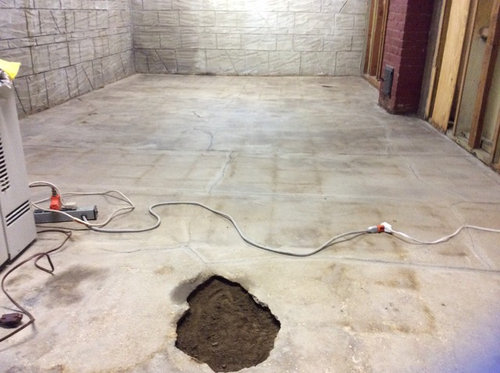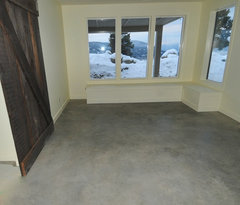Transforming a cold, hard concrete basement floor into a comfortable living space can be challenging, but carpet tiles offer an excellent solution. Unlike traditional broadloom carpet, carpet tiles are modular, making them easier to install, replace, and maintain. Their interlocking design allows for a snug fit over uneven concrete surfaces, reducing the need for extensive subfloor preparation. Carpet tiles also provide insulation, adding warmth to basement floors that often feel damp and chilly. Available in a variety of colors, patterns, and textures, they allow for creative customization, whether for a home theater, playroom, or office. Additionally, many carpet tiles are designed with moisture-resistant backings, making them ideal for below-grade installations.
One of the biggest advantages of carpet tiles in basements is their resistance to moisture-related issues. Concrete floors can wick moisture from the ground, leading to mold and mildew growth under conventional carpeting. However, carpet tiles with hydrophobic backings or antimicrobial treatments help mitigate these risks. Some products even feature raised backing that allows airflow, preventing trapped moisture. If a section becomes damaged or stained, individual tiles can be replaced without redoing the entire floor. This modularity makes carpet tiles a cost-effective and low-maintenance choice for basements, where spills and humidity are common concerns.
Installation is another key benefit of carpet tiles, especially for DIY enthusiasts. Unlike wall-to-wall carpet, which requires professional stretching and adhesives, many carpet tiles use a peel-and-stick or interlocking system. This simplifies the process, allowing homeowners to lay the flooring quickly without specialized tools. For concrete basement floors, a moisture barrier underlayment is often recommended to enhance protection. The tiles can be cut easily with a utility knife to fit around obstacles like support columns or utility access points. This flexibility makes them perfect for irregularly shaped basement layouts where traditional flooring might be difficult to install.
Durability is a major consideration for basement flooring, and carpet tiles are designed to withstand heavy use. Commercial-grade options, often used in offices and retail spaces, are particularly resilient, making them suitable for high-traffic basement areas. The dense fiber construction resists crushing, while stain-resistant treatments help maintain appearance over time. Unlike hardwood or laminate, carpet tiles won’t warp or buckle due to minor moisture exposure. For families with children or pets, the cushioned surface provides a safer, more comfortable play area. Many manufacturers offer warranties, ensuring long-term performance even in challenging basement environments.
Design flexibility sets carpet tiles apart from other basement flooring options. Homeowners can mix and match colors and patterns to create unique layouts, such as borders, checkerboards, or accent areas. If tastes change over time, tiles can be rearranged or swapped out for a fresh look without a full replacement. Some collections even mimic the appearance of traditional carpet or area rugs while retaining the practicality of modular tiles. This versatility makes it easy to update the basement’s aesthetic without a major renovation, keeping the space stylish and functional for years.
Comfort is a significant factor when choosing basement flooring, and carpet tiles excel in this regard. The soft surface reduces noise transmission, making basements quieter—ideal for home theaters or music rooms. The added insulation helps maintain a warmer temperature, which is especially beneficial in colder climates. Unlike tile or vinyl, carpet tiles provide a more forgiving surface underfoot, reducing fatigue during prolonged standing or play. For those who use their basement as a gym or yoga space, thicker cushion-backed tiles offer extra support and comfort during workouts.
Cost-effectiveness makes carpet tiles an attractive option for budget-conscious homeowners. Compared to refinishing concrete or installing hardwood, carpet tiles are relatively affordable, with many quality options available at mid-range prices. Since they can be installed without professional help, labor costs are minimized. The ability to replace individual tiles rather than the entire floor also reduces long-term maintenance expenses. For renters or those planning to sell, carpet tiles offer a temporary yet high-quality flooring solution that can be easily removed or updated without damaging the concrete beneath.
Maintenance is straightforward with carpet tiles, requiring only regular vacuuming and occasional spot cleaning. Stains can often be treated on individual tiles, and heavily soiled sections can be taken outside for deeper cleaning or replacement. Unlike broadloom carpet, which may harbor odors, carpet tiles’ modular design allows for better air circulation, reducing musty basement smells. For homes prone to flooding, water-damaged tiles can be quickly removed, dried, or replaced, preventing long-term issues like mold growth. This ease of upkeep makes carpet tiles a practical choice for busy households.
While carpet tiles offer many benefits, there are some limitations to consider. In extremely damp basements, even moisture-resistant tiles may not be sufficient without proper waterproofing. Areas with frequent spills or high humidity may require more frequent cleaning to prevent odors. Low-quality tiles may show wear faster, so investing in commercial-grade products ensures better longevity. For those who prefer a completely waterproof option, luxury vinyl tiles (LVT) might be a better alternative, though they lack the softness and insulation of carpet. Understanding these trade-offs helps homeowners make the best choice for their specific basement conditions.
Despite minor drawbacks, carpet tiles remain a top choice for concrete basement floors due to their versatility, comfort, and practicality. They bridge the gap between the cold hardness of concrete and the cozy appeal of traditional carpet, all while offering easy installation and maintenance. Whether used for a family recreation space, home office, or guest area, carpet tiles provide a durable and attractive flooring solution. As more homeowners seek functional yet stylish ways to finish their basements, carpet tiles continue to grow in popularity, proving that practicality and design can go hand in hand. With the right selection and care, they can transform an underutilized basement into a welcoming extension of the home.
Basement Subfloor Interlocking Tiles – 12″ x 12″ – Fast Underlayment
Timber Floor Installation Melbourne Floor Installers
Affordable Basement Updates That Help You Remodel For Less
Carpeting concrete basement floor – Page 2 – The Hull Truth – Boating and Fishing Forum
Removing Tile and Thinset from Concrete – Sawdust Girl® Tile floor diy, Tile removal, Concrete
Herringbone cast concrete floor Herringbone tile pattern, Flooring, Herringbone wood
Carpet Tiles For Basement Floors – How to Convert a Basement Homebuilding & Renovating
How To Install Carpet Over Cement Floor – Carpet Vidalondon
Concrete Floors vs. Carpet vs. Other materials in Bedrooms
Related Posts:



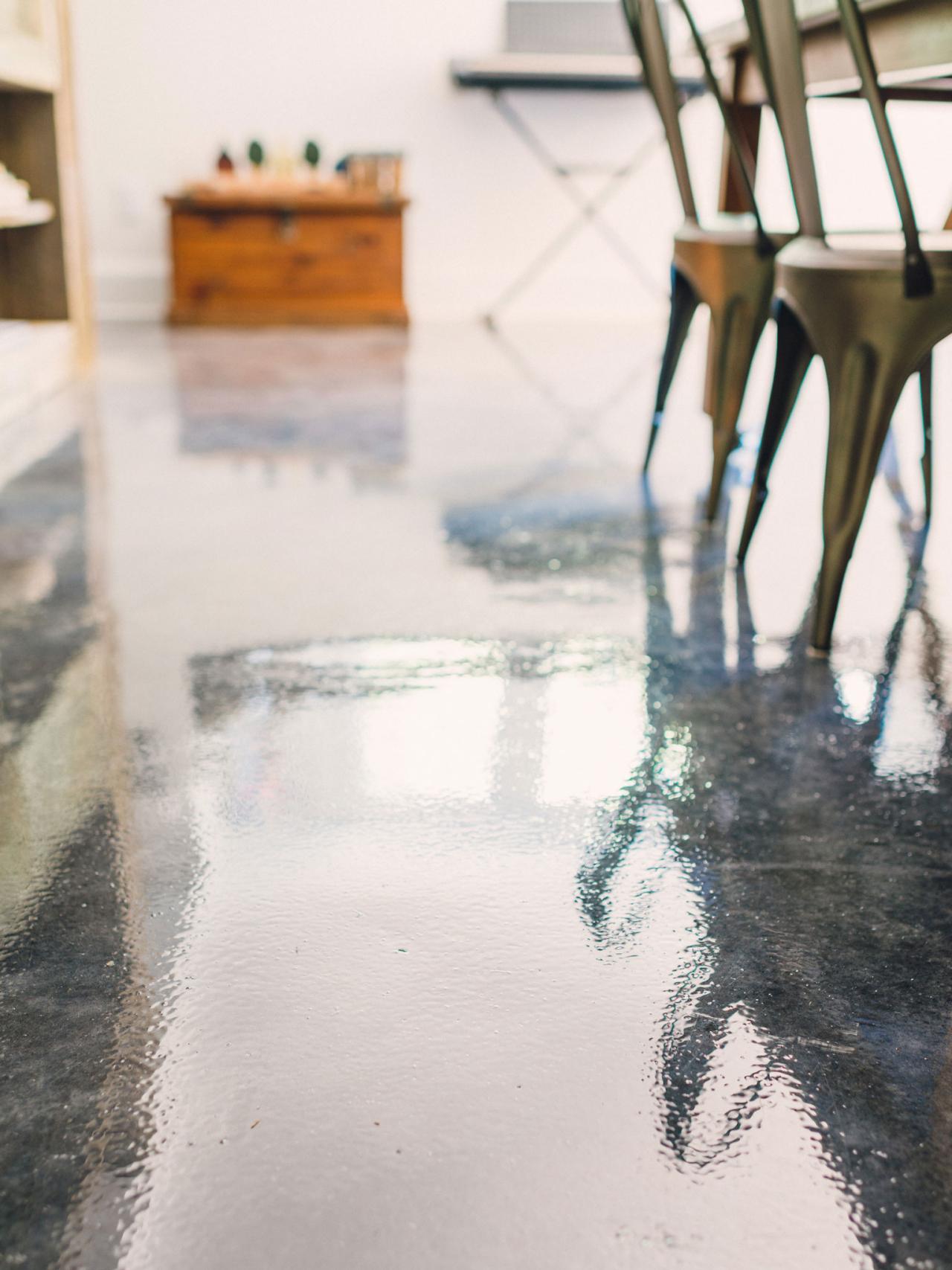
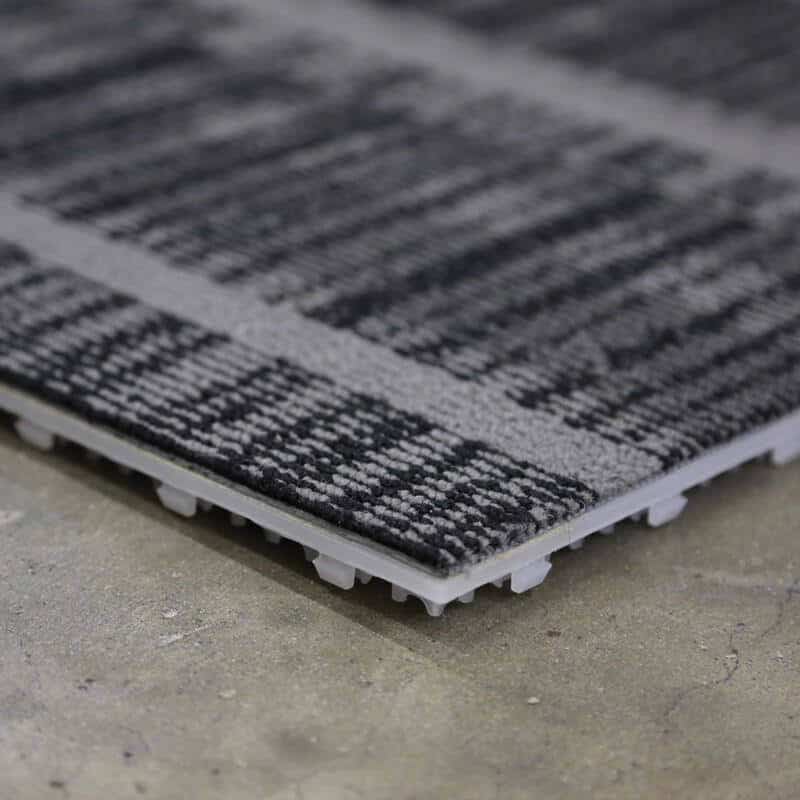
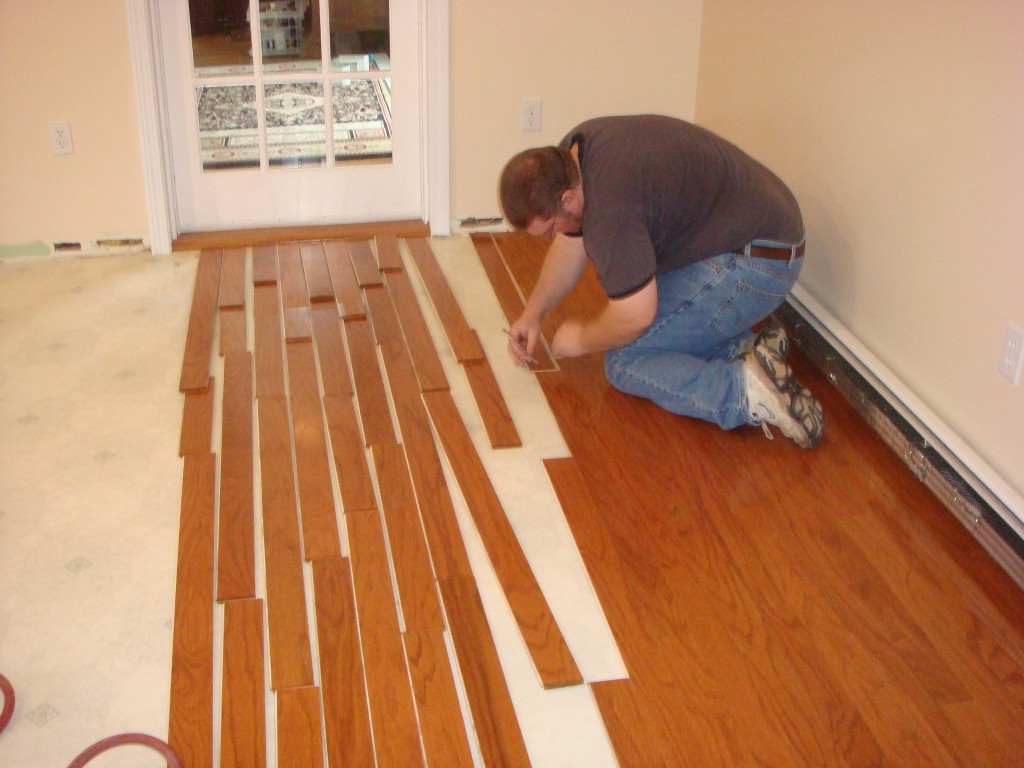
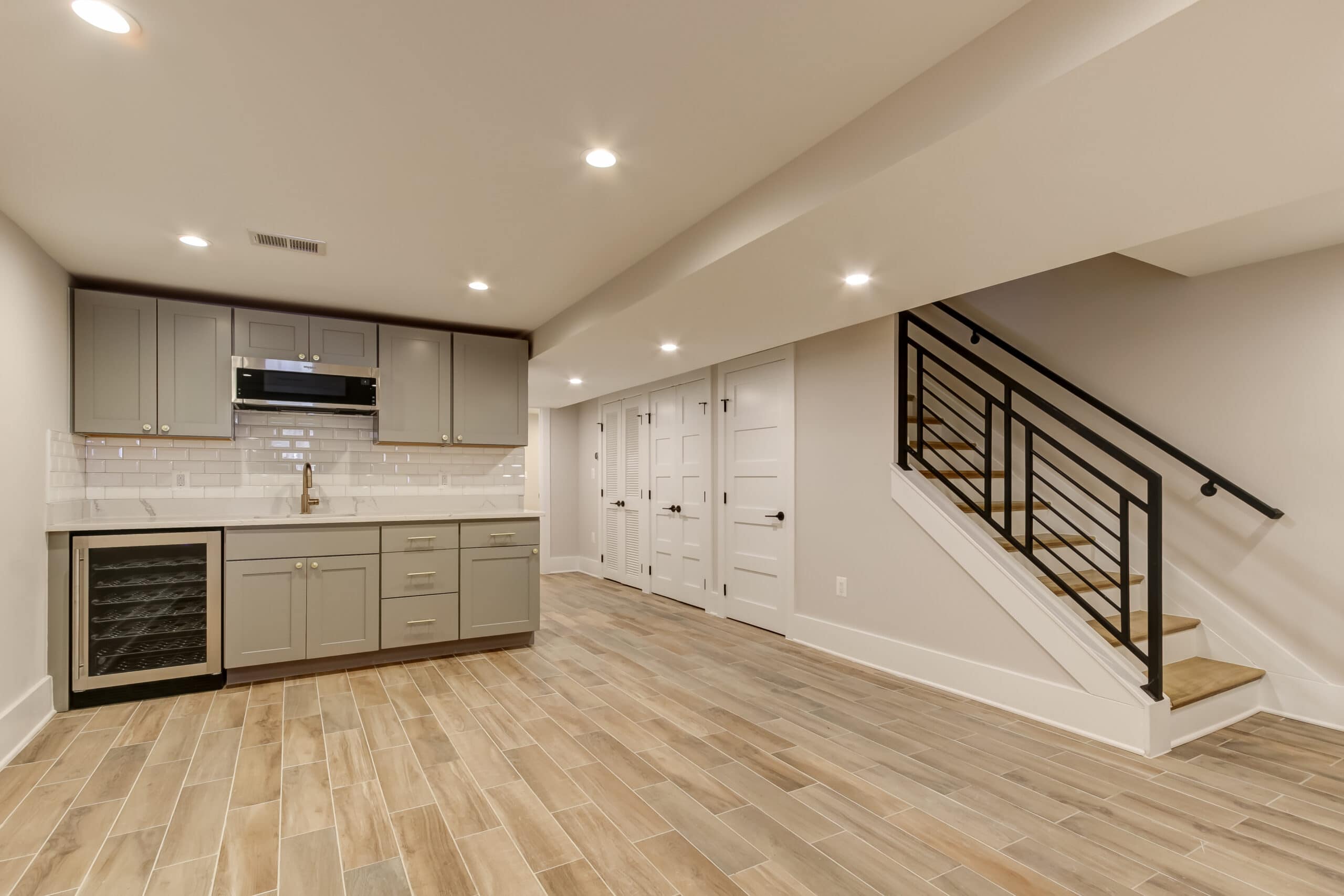
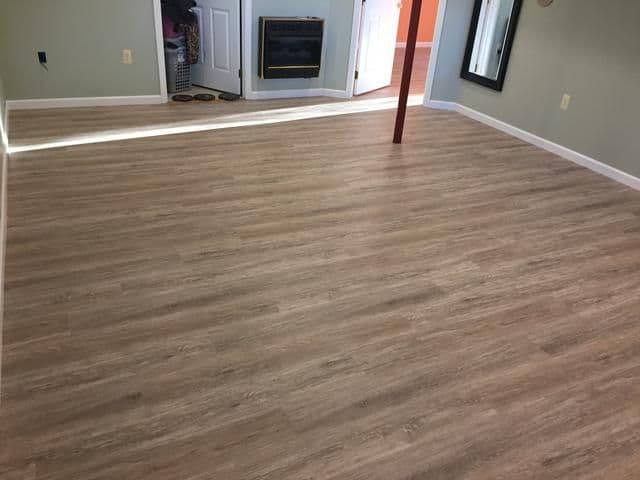


/basement-flooring-1821693-PSD-V5-49348cb1c6da402a84016234b9b51f09.png)
